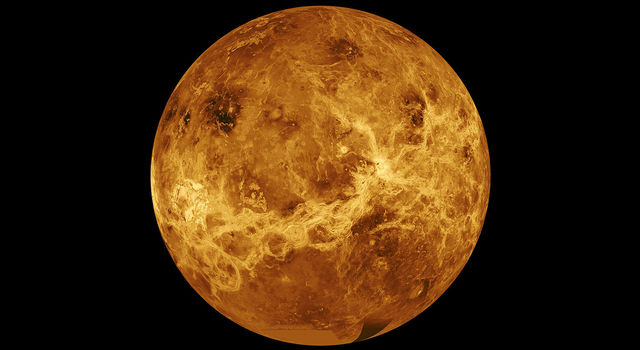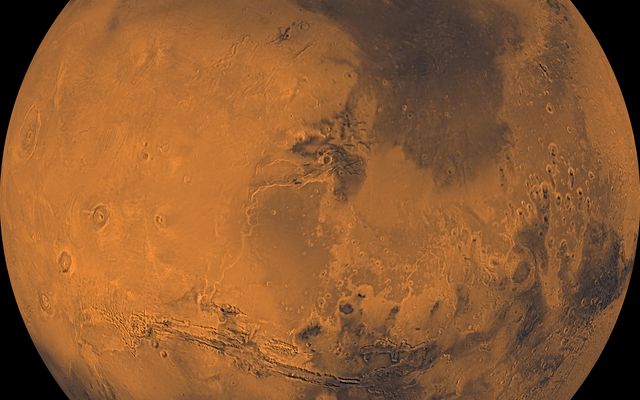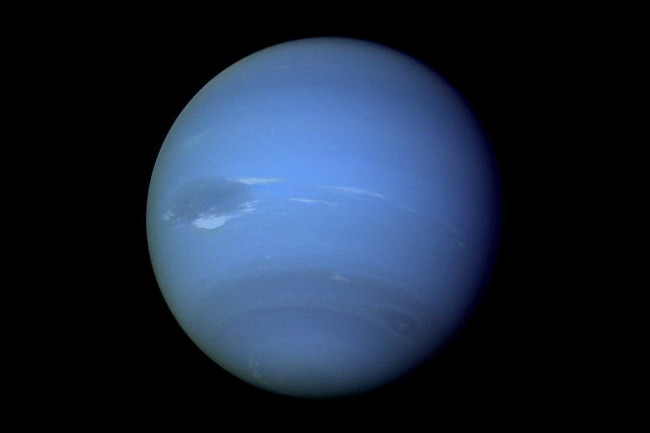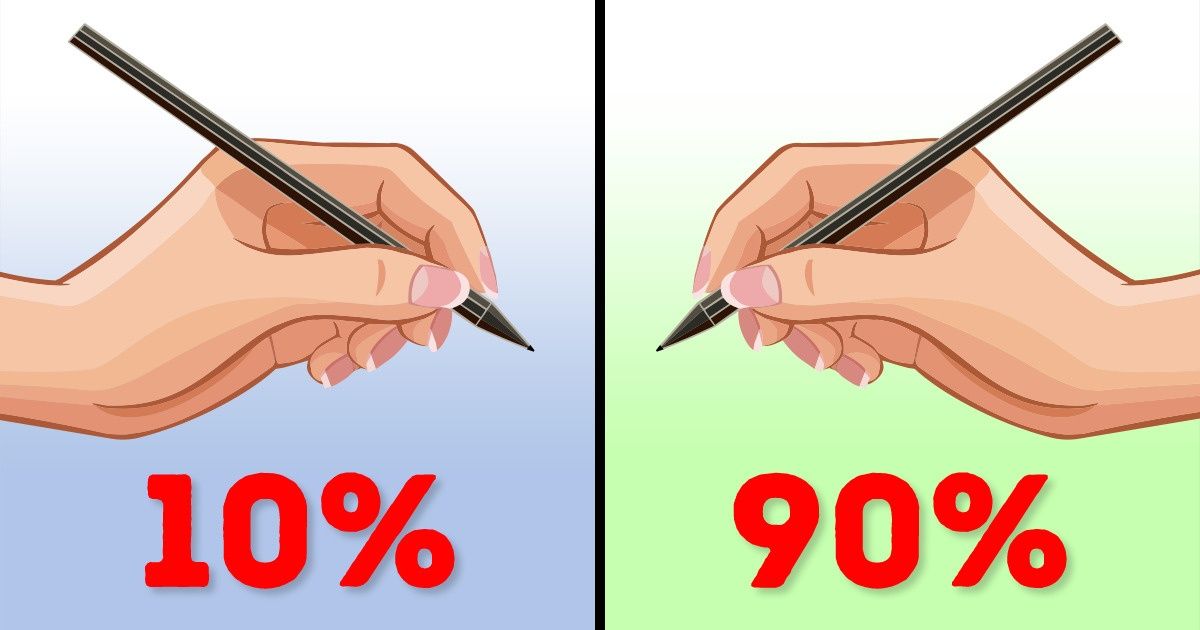Suppose people learned to breathe in space without special equipment and we found a way to get to any planet in the solar system. Although this information is unlikely to be practical in the near future, let’s see how a person would feel on the different planets in our solar system without protective devices.
And looking at Elon Musk’s grand ambitious plans, who knows, we might start traveling in space sooner than expected.
We believe that the world around us is so fascinating and we can’t wait to share some facts about it with our readers.
How Long Can We Survive on Other Planets?
Mercury
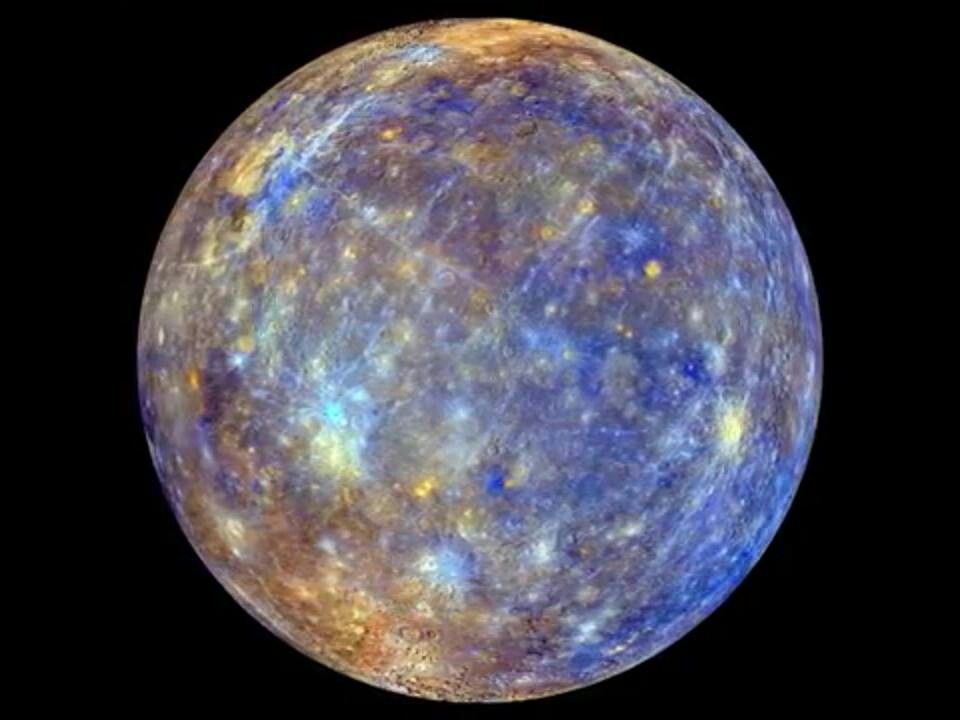
If you want to visit this planet and avoid unpleasant consequences, you will need a stopwatch. The temperature fluctuations on Mercury are absolutely crazy, the day can reach 800 ° F, while at night it falls to -290 ° F.
Mercury rotates relatively slowly; therefore, to survive, all you need to do is capture the moment when the daytime temperature changes to the nighttime temperature, a comfortable thing between 800 ° F and -290 ° F.
But anyhow 90 seconds is about how much time you could spend there.
Venus
If you ever had a chance to step on Venus, you would only have a second to enjoy it. Incidentally, using the word “enjoy” was a bit sarcastic, because it’s hard to say with complete confidence what exactly would kill you at the end of that single second.
The planet’s atmosphere is 98% carbon dioxide and the pressure is 90 times greater than that of Earth, in addition to its entire surface is covered by thick clouds that rain with sulfuric acid. Also, it is hot, very hot, the average temperature reaches almost 800 ° F.
Mars
Although Mars is the first candidate for space colonization, the longest time it can remain on this planet is approximately 80 seconds.
Its atmosphere is 95% carbon dioxide. Mars is very cold and the average temperature is 80 ° F.
Jupiter
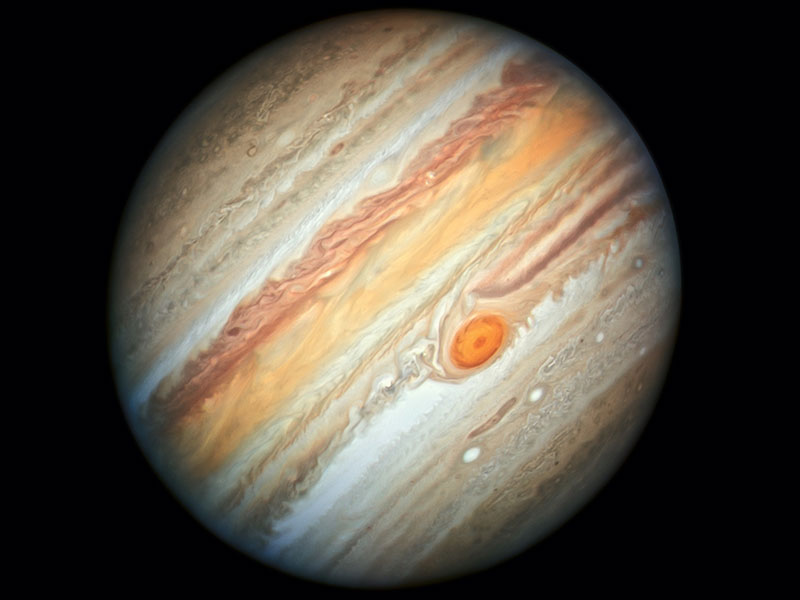
The largest planet in the solar system will be friendly for just a second. And then this giant will surprise you with its raging winds and hurricanes that the human body simply cannot bear.
The planet is surrounded by a gas world that is basically made up of hydrogen and helium.
Also, a crazy vortex lifts heated gas masses to the planet’s surface that form ammonia snow crystals and it is impossible to imagine how anyone could resist this crazy toxic cocktail.
Saturn
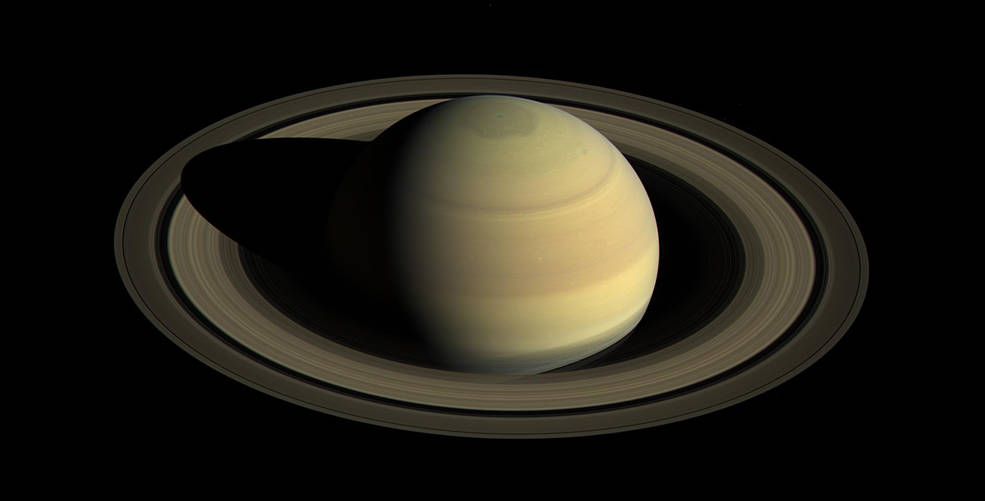
This is another space giant that will allow you to stay in it for less than a second. In addition to the gas clouds, Saturn constantly has very strong winds that can reach 1800 km per hour.
Saturn creates so many crazy hurricanes on its surface that no living thing would have time to blink before turning into cosmic dust.
Uranus
This planet is covered in a hot mixture of water, ammonia, and methane. In fact, we can’t even say how long it could stay on this planet, because it wouldn’t even have time to land there, dissolving almost instantly into this crazy mix.
So there simply is no time to survive. And to start with, uranium, which is a very hard substance, doesn’t have a hard surface to land on.
Neptune
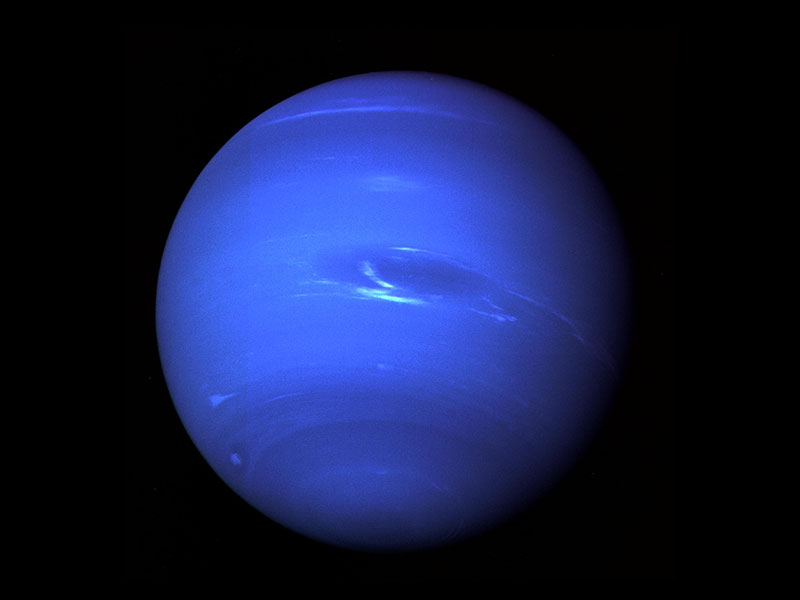
The time for a human being on this planet is less than a second. Terrible conditions will destroy any object, without warning, and they are super strong winds again.
Neptune’s horrible wind can sometimes be even faster than the speed of sound. No further comment is needed.
If scientists someday find a way to travel to any planet in our solar system and deal with all the nasty surprises, toxic gases, crazy winds, and severe temperatures that go with it, where would you go?
Who knows, one day it could happen, just a few years ago, we didn’t even think about colonizing Mars and today it seems to be a very real possibility for the future. So maybe we shouldn’t say it’s impossible, maybe just that “it’s not possible yet.”
